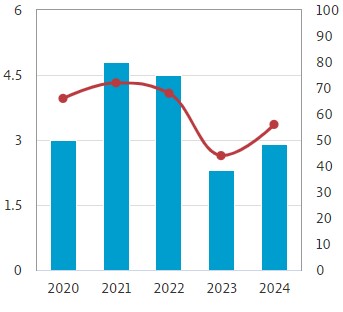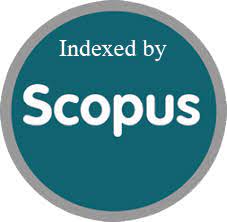Sustainable Cassava Waste Management and Its Implications for Food Security in Oke-Ogun, Nigeria
Abstract
Kayode Kunle OYEDIRAN (PhD) and Adedotun Joshua ADEWUMI (PhD)
Cassava is a vital staple crop in Nigeria, particularly in Oke-Ogun, Oyo State, where both small- and medium-scale processing industries dominate. While cassava processing ensures food availability and income, it simultaneously generates enormous quantities of solid (peels, sievates) and liquid wastes (effluents), which pose environmental and food security risks. The central problem is that waste management practices in Nigeria are largely unsustainable, leading to land degradation, water pollution, and reduced agricultural productivity. This study investigates the volume of cassava processed, waste generated, management strategies adopted, and implications for food security in Oke-Ogun. Concept of sustainability anchors this study. Using a mixed-method approach, a multi-stage random sampling technique was used to obtain data on volume of cassava tubers processed, volume of waste (solid and liquid) generated, and the effect of cassava wastes on food security from 300 cassava processors across five local government areas through questionnaires. Focus group discussions, and field observations were carried out for qualitative data. Analysis of quantitative data shows that the region processed over 16 million metric tonnes of cassava (2008–2020), generating more than 1.6 million kg of solid waste and 1,660 MT of liquid effluents. Qualitative findings reveal poor waste handling practices, including indiscriminate dumping, with adverse impacts on farmlands, water quality, and livelihoods. The findings highlight the urgent need for environmentally sustainable cassava waste management policies to enhance food security and environmental protection.




